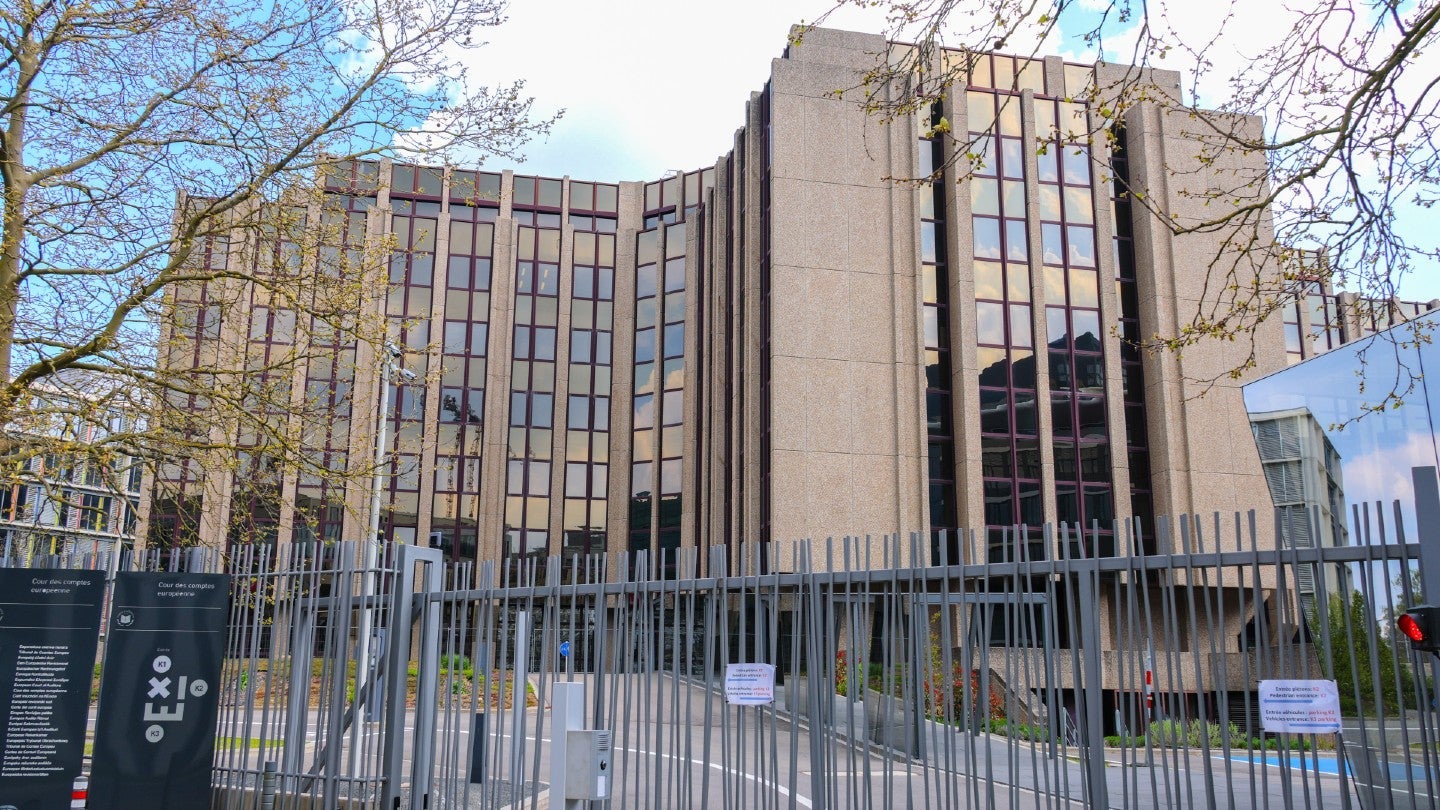
A new report from the European Court of Auditors has criticised twelve EU member states for failing to report or carry out screening the inflow of direct investments (FDI) between 2020 and 2022.
The twelve countries that failed to report – (in order of inward FDI) Luxembourg, Ireland, Belgium, Cyprus, Sweden, Portugal, Slovakia, Bulgaria, Greece, Estonia, Croatia and Slovenia – account for half of the EU’s total inward FDI. Luxembourg alone accounted for 21.9% during the period.
According to the report, published yesterday (6 December), EU countries reported 886 screened cases to the EU Commission.
Six countries submitted 92% of all cases and nine others the remaining 8%.
Between 2020 and 2022, France submitted the most screening notifications (193), followed by Italy, Spain and Austria. The Netherlands and Luxembourg – two countries accounting for half of all inward FDI in the EU – reported only seven and zero screening cases, respectively.
Germany saw the most projects in 2021, with a total of 1,535 FDI projects counted by GlobalData’s FDI Projects Database. France came second, with 768, followed by Spain (639), Poland (424) and Ireland (312).
FDI brings over €100bn ($108bn) a year into the EU. According to the EU Commission, in 2021 the largest sources of EU investment inflows came from the Cayman Islands and Canada.
Reporting FDI projects is becoming increasingly important for the bloc’s economy, as state and European officials are looking for better ways to insulate themselves against emerging security and public order threats.
“Screening of foreign investment in the EU is a work in progress,” said Mihails Kozlovs, the ECA Member in charge of the audit. “As the EU’s safety net, it has some large holes in it. If the EU wishes to mitigate the risks better, both the Commission and all member states must repair the net.”







